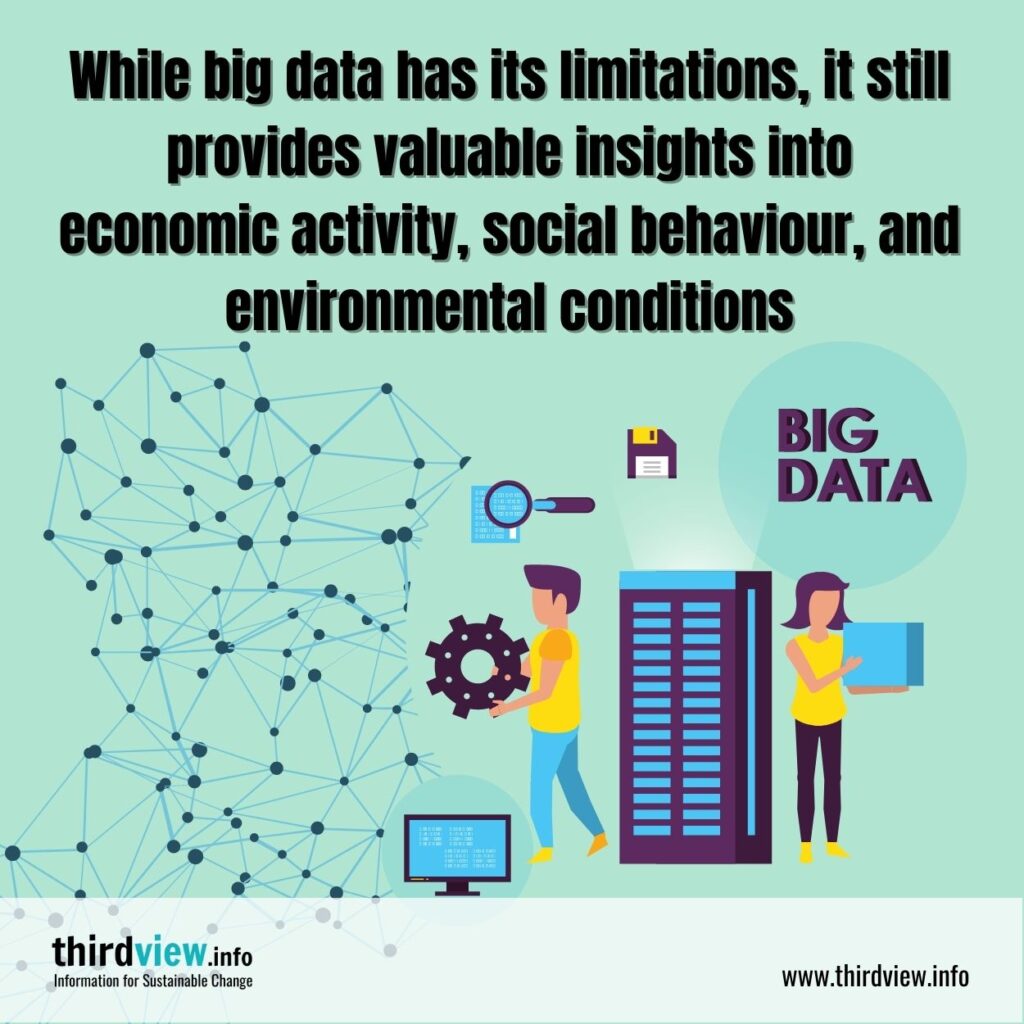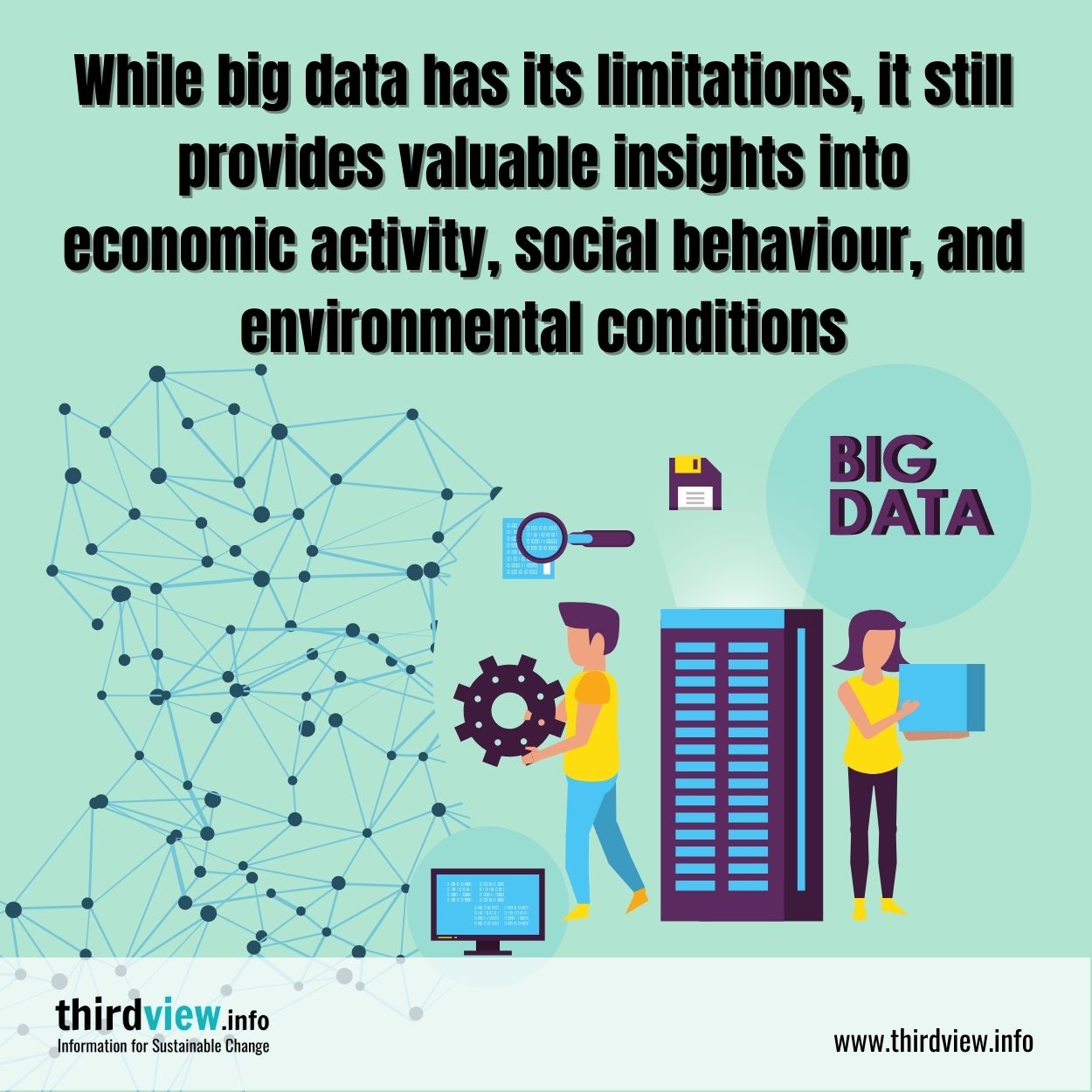The world has made great strides in achieving the 17 United Nations Sustainable Development Goals (SDGs), but there is still a lot of work to be done. Big data can play an important role in helping us achieve these goals, by providing insights that can help inform business and public sector decision-making. Let’s take a closer look at how big data can be used to accelerate progress towards the SDGs.
What is Big Data?
Big data refers to large sets of structured, semi-structured, and unstructured data that are generated by individuals, businesses, governments, organizations, and other entities. It is often characterized by its sheer volume and velocity (how quickly it is created). Big data can provide powerful insights into patterns or trends related to economic activity, social behaviour, or environmental conditions.
Using Big Data for the SDGs
Businesses and organizations are increasingly using big data to analyse their operations and identify opportunities for improvement that could lead to more sustainable outcomes. For example, businesses might use big data analytics to identify areas where they can reduce waste or increase efficiency. Similarly, public sector leaders could use big data analytics to better understand how government policies are impacting development objectives like reducing poverty or improving access to healthcare services.
Big Data’s Limitations
It’s important to acknowledge that while big data can provide powerful insights into the world around us, it also has its limitations. For example, due to privacy regulations or ethical concerns, some datasets may not be available for analysis. Additionally, as with any analytical tool, it’s important to consider the potential biases that may exist when interpreting results from big data analytics projects. All of this points to why it’s so important for organizations—both private and public—to ensure they have well-defined processes in place when leveraging big data for sustainable development initiatives.
Harnessing the power of big data can help us accelerate progress towards our UN Sustainable Development Goals. By analysing large datasets related to economic activity, social behaviour or environmental conditions we can get a better understanding of how our decisions today will shape our future tomorrow. Of course, there are limitations associated with using big data for sustainability initiatives which is why it’s so important for businesses and governments alike to ensure they have well-defined processes in place before embarking on such projects. At the end of the day, however, what matters most is that we take action now so that we can create a more sustainable future for generations yet come.


